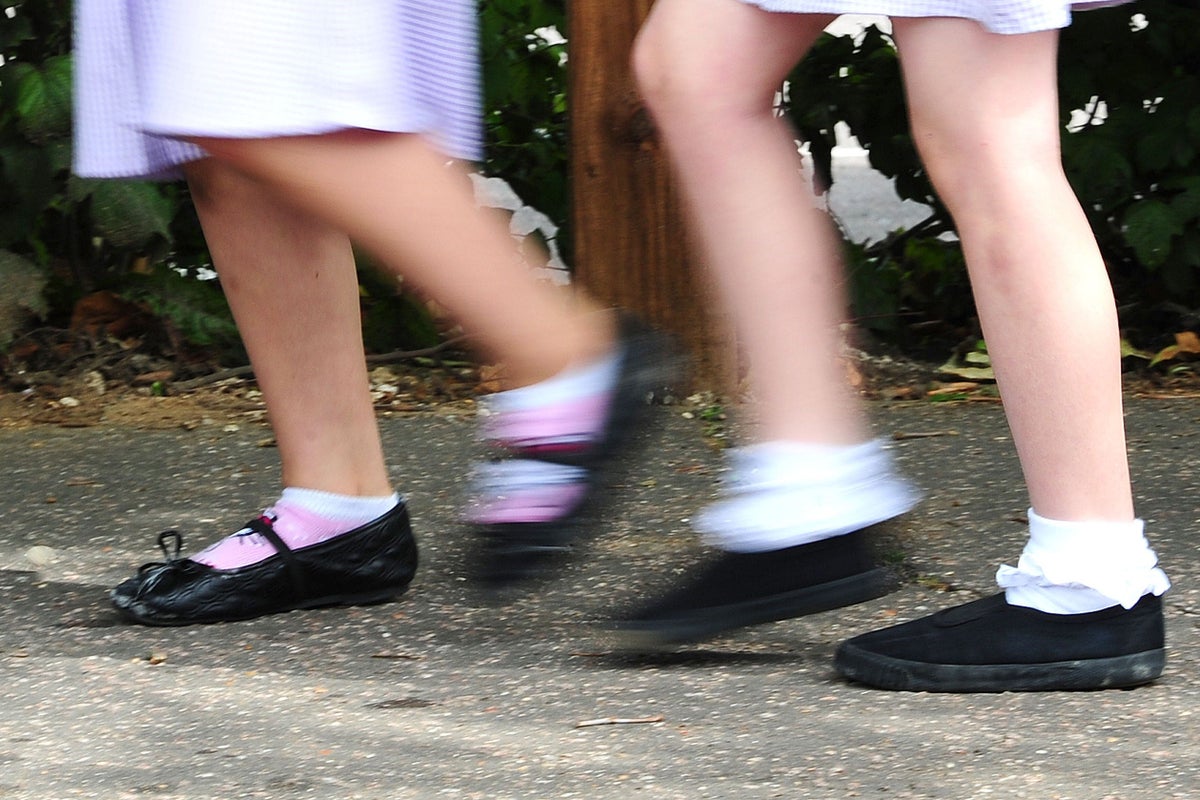
The gender pay gap grows “dramatically” wider after women have children, a damning new study has found.
Research, carried out by the Trades Union Congress, has suggested the gender pay gap is almost 15 per cent.
The union’s research stated the average working woman essentially spends almost two months of her year working for free when compared to her male counterpart.
Researchers said women aged between 50 and 59 have the highest pay gap of 21 per cent, while it is 18 per cent for those who are 60 and older.
The gender pay gap is heftiest in the South East of England (18 per cent), East of England (18 per cent) and the East Midlands (17 per cent), according to the report.
Paul Nowak, general secretary of the Trades Union Congress (TUC), said: “Working women deserve equal pay, but at current rates of progress, it will take more than 20 years to close the gender pay gap.
“That’s just not good enough. We can’t consign yet another generation of women to pay inequality.
“It’s clear that just publishing gender pay gaps isn’t working. Companies must be required to publish action plans to explain what steps they will take to close their pay gaps, and bosses who don’t comply with the law should be fined.”
He argued the Covid crisis shined a light on the fact more can be done to enable women to juggle childcare and caring duties with work - adding that flexible working is imperative to stop mothers from leaving their jobs.
Mr Nowak added: ”And is our best way of closing the gender pay gap. We should change the law so that all jobs are advertised with all the possible flexible options clearly stated, and all workers must have the legal right to work flexibly from their first day in a job.
“It’s clear that the gender pay gap widens dramatically once women become mums. We need ministers to fund childcare from the end of maternity leave to support working parents, along with better wages and recognition for childcare workers.
“Dads and partners need better rights to well-paid leave that they can take in their own right. Otherwise, mums will continue to take on the bulk of caring responsibilities and continue to take the financial hit.”
The TUC said the findings, which were based on official data, demonstrated that since 2011 the gender pay gap had fallen by an average of 0.4 percentage points a year, adding that at the current rate of progress, it will take until 2044 for pay parity to be achieved between men and women.
A spokesperson for the government said: “The government has taken significant action to support women at work. We have spent over £3.5 billion in the last three years to support families with the cost of childcare, and in December we announced that millions of employees will be able to request flexible working from day one of their employment.
“Wages are a decision for individual companies, but we strongly urge organisations to take steps to ensure female employees reach their full potential.”
Commenting on the new report, Anneliese Dodds, Shadow Women and Equalities Secretary, said: “The Conservatives are letting down women across the board. After 13 years of low growth and economic stagnation, women are still effectively working for free for weeks on end.
“If Rishi Sunak was serious about ending this indefensible unfairness, he would look at the drivers of the gender pay gap such as exorbitant costs of childcare, a lack of transparency on pay disparities and inflexible working practices. Instead, we have seen a complete lack of ambition.”
Ms Dodds said Labour would “introduce flexible working right from day one, strengthen gender pay gap reporting and build a truly modern childcare system.”
It comes after a report from last year found six in 10 women who have had an abortion say the cost of childcare in the UK put them off pregnancy. The research, carried out by campaign group Pregnant then Screwed, found almost one in five women said childcare costs were the main reason they decided to terminate a pregnancy.
While the Organisation for Economic Co-Operation and Development (OECD) found the UK had one of the most expensive childcare systems in the world.
Additional reporting by wires







